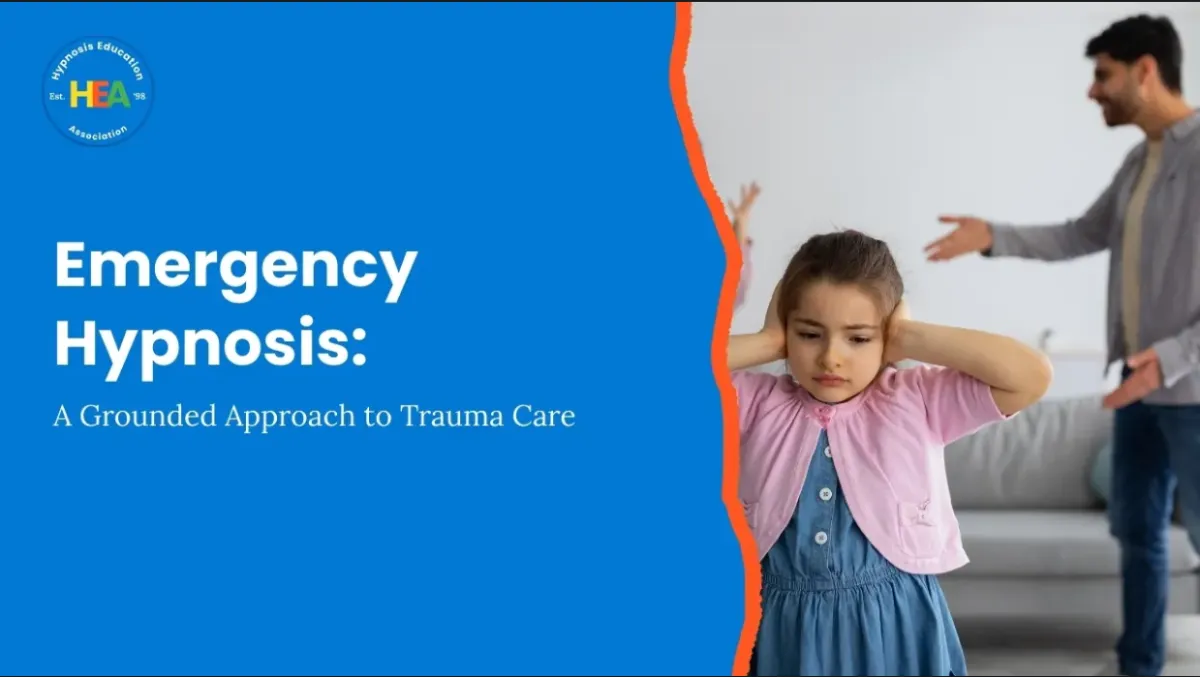Melanie McCool on Why Joy, Not Hustle, Leads to Lasting Success
Discover Melanie McCool’s 5-step Burnout Recovery Hypnosis™ to beat burnout & build lasting success with insights from top experts.

Discover Melanie McCool’s 5-step Burnout Recovery Hypnosis™ to beat burnout & build lasting success with insights from top experts.

Discover how emergency hypnosis offers practical tools and compassionate care to help trauma survivors recover with hope and resilience.

Discover the best hypnosis course online to enhance your relationships. Learn expert techniques with our professional online hypnosis course. Enroll today!

Expert conversational hypnosis training to enhance coaching & therapy. Learn advanced hypnotherapy techniques online with the Hypnosis Education Association.
All material © Hypnosis Education Association 2026 and may not be copied without written permission